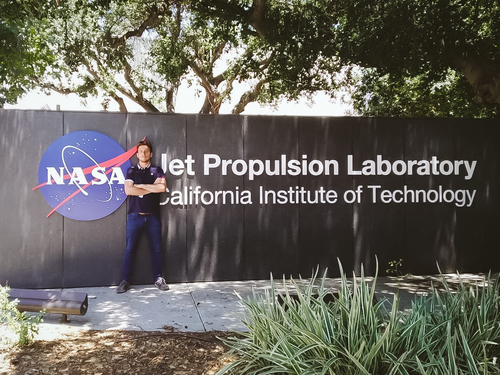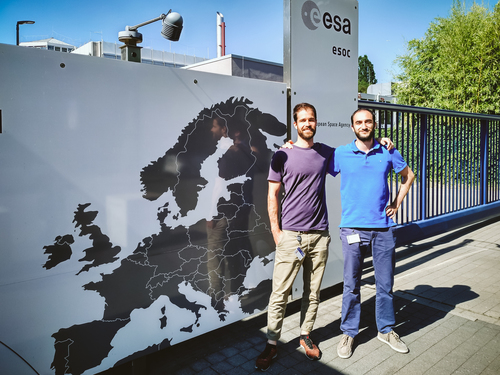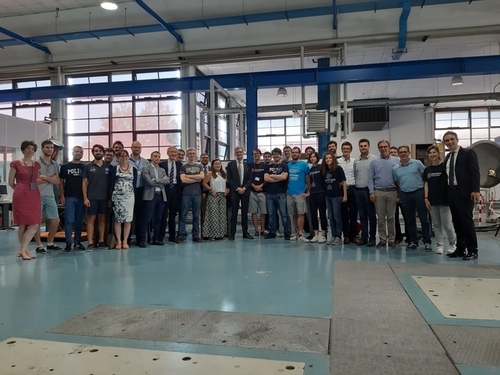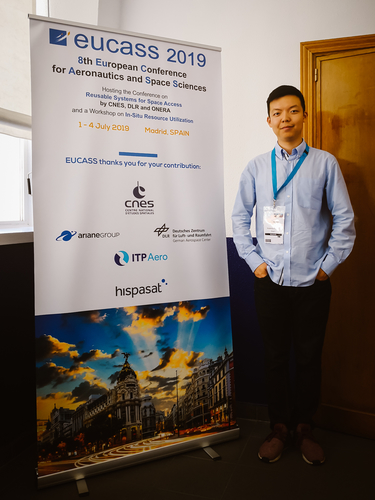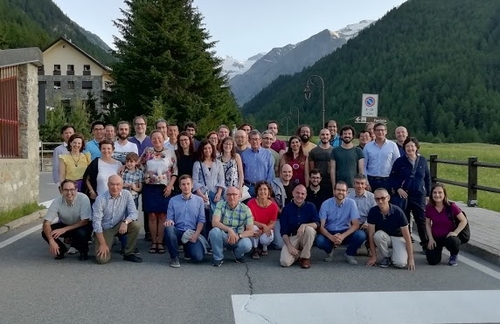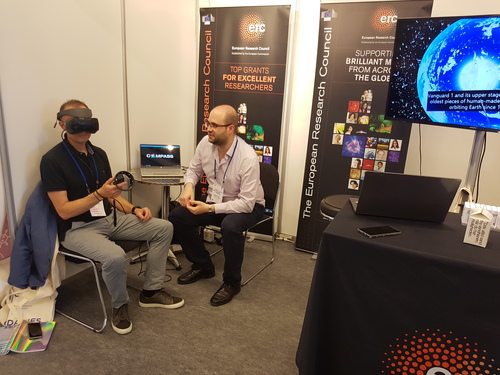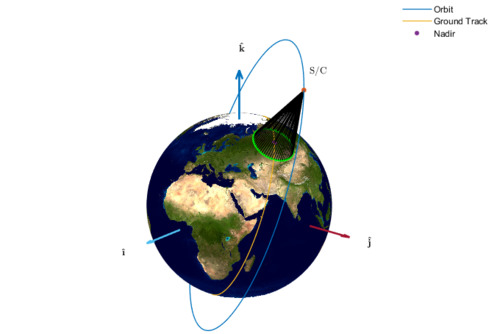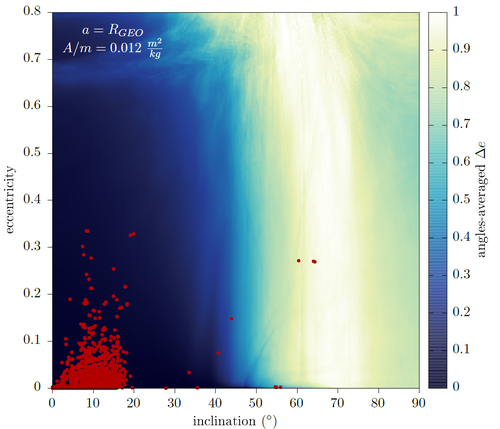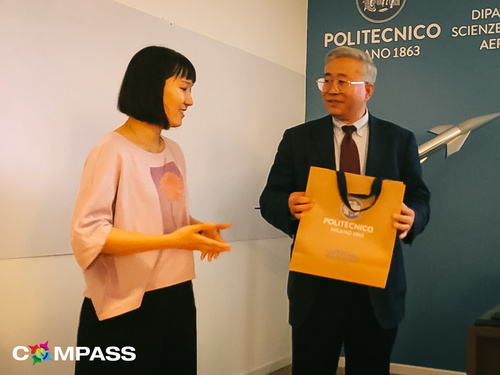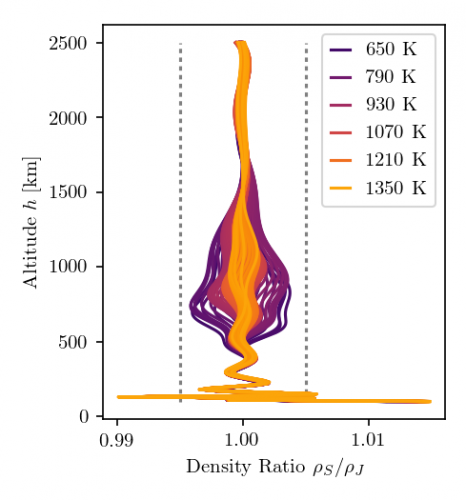Davide Menzio’s research stay at the Jet Propulsion Laboratory
Davide Menzio, from the COMPASS team, is carrying out a research period at the Jet Propulsion Laboratory, where he will increase his “on the field” experience and improve the existing tools with the latest developments of his research on trajectory design and optimization.

